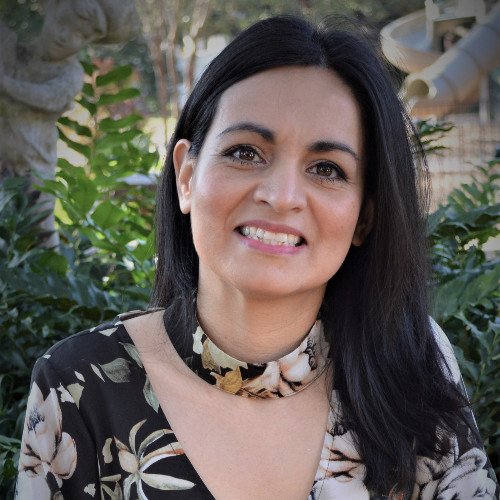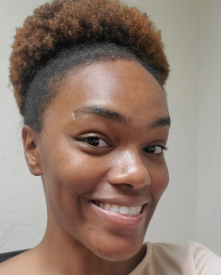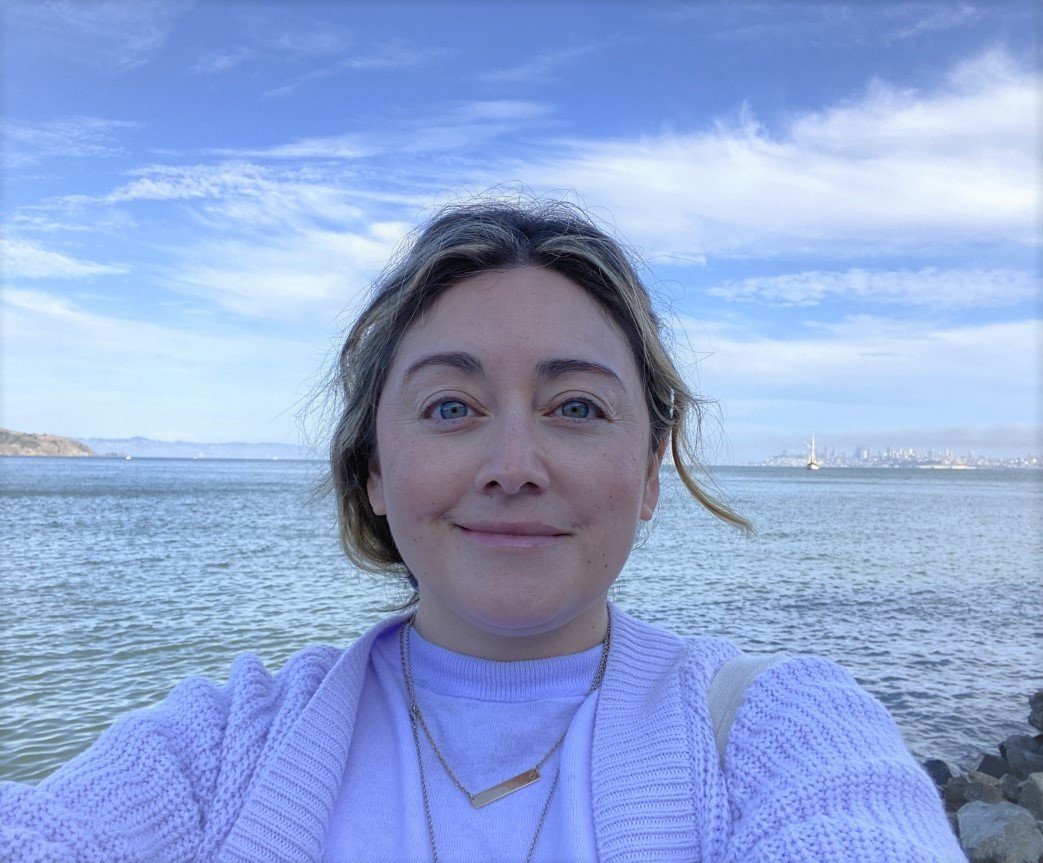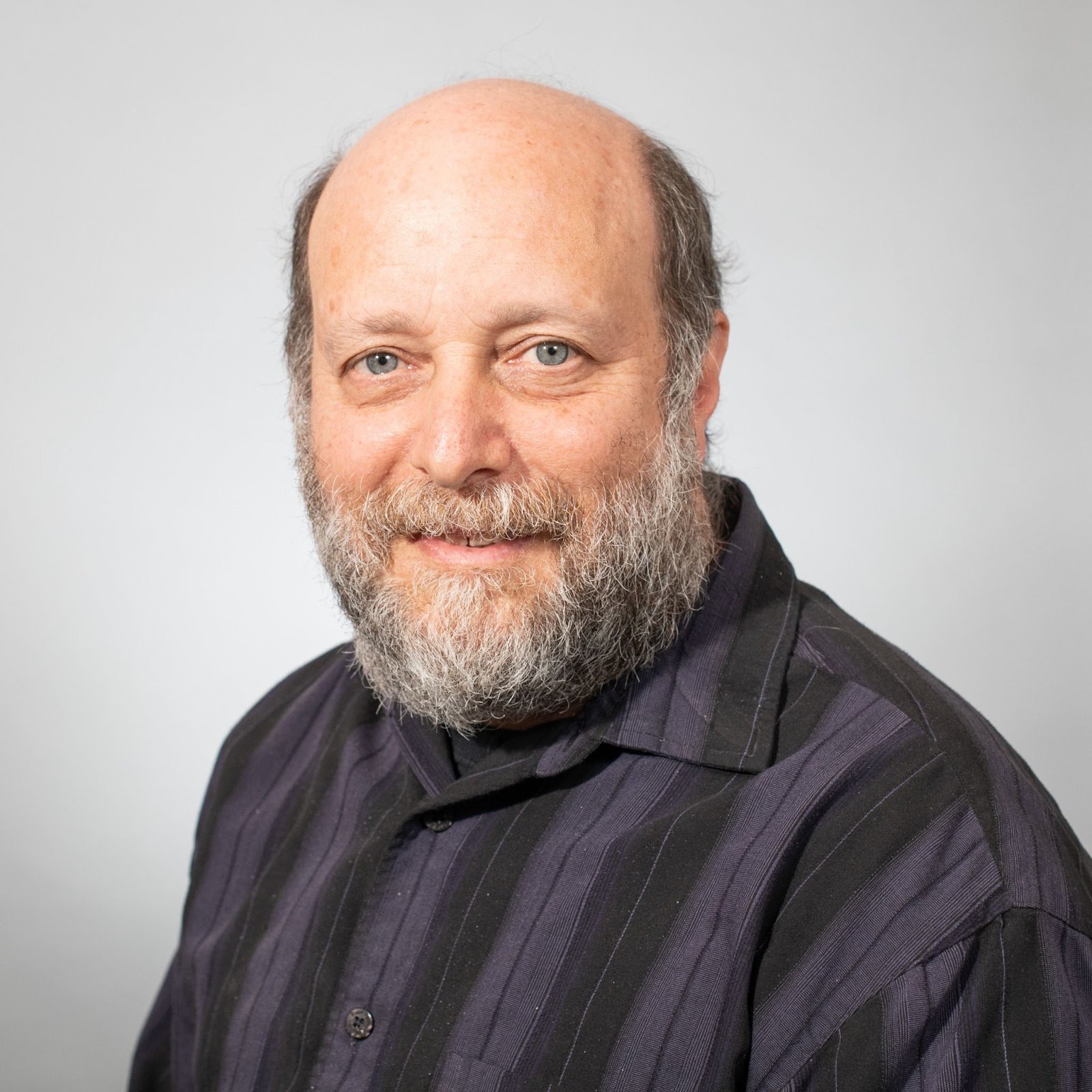Candelaria Mendoza
Executive Director, Yakima Valley Libraries
Interview by Kim Ilinon & Ryan Torgeson
November 9, 2022
A conversation about the digital equity work happening in Yakima Valley with the executive director of Yakima Valley Libraries. Candelaria Mendoza talks about her experience in working towards providing an affordable broadband connection. In this conversation, she highlights the Covid lockdown's impact on individuals who had limited or no access to the internet in their homes.
Q. What is your definition of Digital Equity, and what about it motivates you? What are you passionate about in this space?
CM: There are many elements of digital equity that excite me. What digital equity means is that anyone, regardless of where they live, and their zip code, has access to affordable and reliable broadband Internet as well as the capacity skills so that they can fully take advantage of everything that our digital economy has to provide.
I don't think I'm blowing anybody's mind in saying that the Internet has become a pretty vital utility that really does provide you avenues for uplifting yourself and others. That's what excites me, knowing that digital equity provides tools that can really make a difference, and that can really impact our communities and change their lives.
Q. What values and/or principles are important for everyone in this space to do good work?
CM: What I've learned is that it's a lot of collaboration and working together between different communities and organizations. So whether it's the city also working with the county also working with nonprofits that are doing a lot of digital inclusion work, collaboration is very, very important.
Obviously trying to do community needs assessments or focus groups to pull in that perspective is really important. And I think at the core of it all is empathy. It's being able to put yourself in other people's shoes. A lot of the people doing this work probably don't have issues getting access to the internet so it's really about understanding different generations and different backgrounds. It’s making sure you have a holistic perspective of your community and its needs.
Q. What have been big wins for you and how did they happen? What sorts of support were needed for them?
CM: I've only been at the Yakima Valley libraries for the last five months or so a lot of my wins happened when I was in the city of San Antonio. I was their Digital Inclusion Administrator so we did a lot of work in digital inclusion. We ended up doing a needs assessment in the space of digital equity to give perspectives on our needs and how many people were still being left behind and not having the access that they needed.
You think about urban spaces and you think, oh, the Internet is everywhere and it should be amazing but what the data showed us and what Covid showed us is that there's a pretty big digital divide, even in spaces where you would think the digital divide doesn't exist. A lot of it is pieces of affordability, skills, and access. A lot of our internet service providers weren’t really offering that amazing 5G service in places where property rates are high but diversity was also high, and so I think really putting that together and having it be seen by the city council and then approving us doing the project was a big win.
We received about twenty-seven million dollars to do digital equity work in the city of San Antonio. We were able to lead several projects to help build capacity in the city as well as a Connected Beyond the Classroom project that we did in coordination with a few different school districts which basically allowed them to ping their Wi-fi service to the neighboring communities so that students could have access to the internet from their homes. We had a lot of people feeling like they had to buy fries and sit at a Mcdonald's to use the internet. So that was a win for us because it put this conversation of digital equity on a higher level where the council got pulled in. If you didn’t have your aha! moment about the digital divide, it definitely happened during COVID because everybody was pulled into a digital space.
“…Covid showed us is that there's a pretty big digital divide, even in spaces where you would think the digital divide doesn't exist.”
Q. What is your organization’s goal in moving towards digital equity? What steps are being made by your organization to reach that vision?
CM: In Texas we had a state-wide network of city governments and other entities doing digital inclusion work. That kind of network is definitely a missing aspect in the Yakima Valley. I'm not sure if it exists in other parts of the state of Washington, but I definitely feel like it is not as strong. We were able to write letters of support to our legislators and have signatures from ten different cities and counties. We were able to push more and not just settle with what our Internet Service Providers were telling us. We pushed for what we needed and not just what they told us we needed.
I feel like that is a missing piece. Maybe I’m too new to pull in, but I’m hoping that we can pull a bigger network together to start talking about how we can provide better and more reliable Internet across our county. We definitely need it. I have seen bandwidth issues and we want to provide more reliable internet but we can't because the infrastructure just doesn't exist. Or it is too expensive to sustain and maintain – especially for a public library. We're hoping we can add additional bandwidth so that people have a better experience using our public Wi-Fi. We also are hoping to collaborate with Washington State’s broadband plan to help bring internet to the Yakima Valley.
Affordable Connectivity Program offers a $30 discount on broadband services for eligible individuals.
Q. What’s an example of some good work so far and who’s been doing it? Who would you like to give a shout-out to?
CM: Definitely the work with the State Broadband office. There is an understanding of what they’re trying to achieve when we talk about digital equity and I'm excited about that. I know that within our organizations, public libraries across the State are doing digital literacy training, they're providing computers, they're doing the classes…So definitely shout out to all the public libraries across the State that are doing a lot of digital equity work and digital inclusion work. Especially while we're trying to kind of fill gaps until we get the infrastructure in all the places it needs to be. I definitely feel like the $30 affordable broadband program is making a difference. I see agencies promoting that more often, making sure that families know that there's an opportunity for them to get some support and be able to afford better Internet. So yeah, I mean, I definitely feel like that impact is being felt, and there's more work to do in that space but the emergency broadband benefit is definitely allowing families to upgrade the Internet service or finally get one if they've not been getting Internet because they couldn't afford it in the past.
Learn more about Yakima Valley Libraries’ digital equity work.
Connect with Candelaria Mendoza on LinkedIn.





